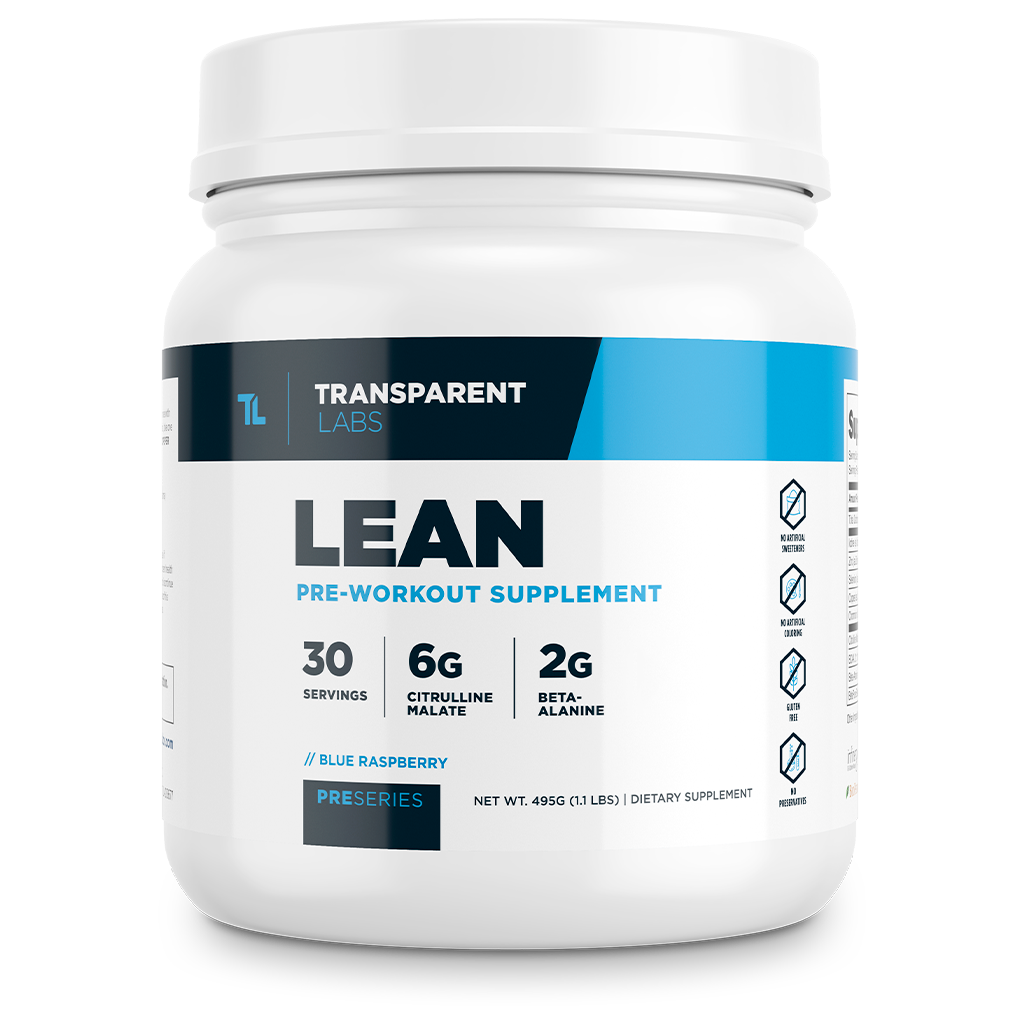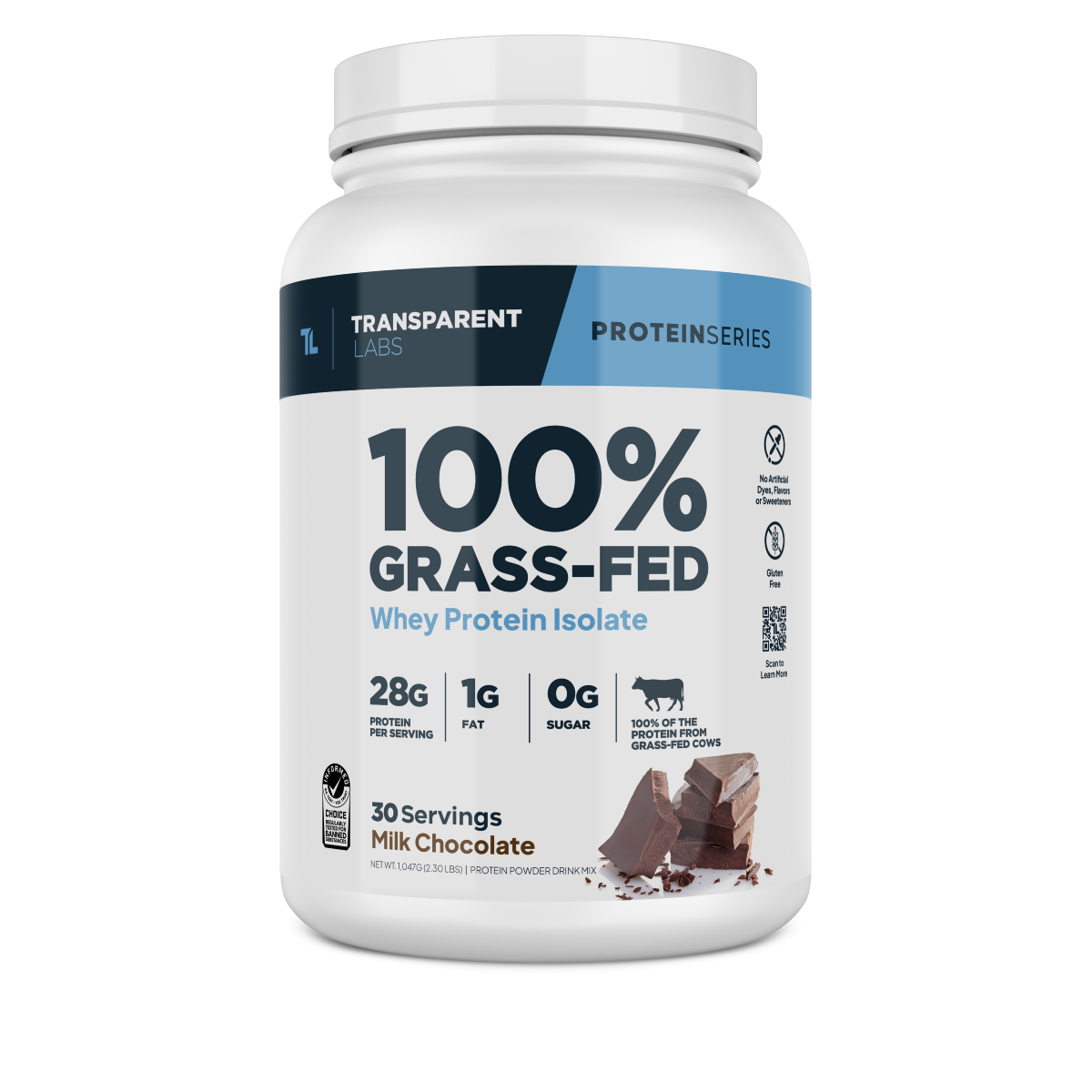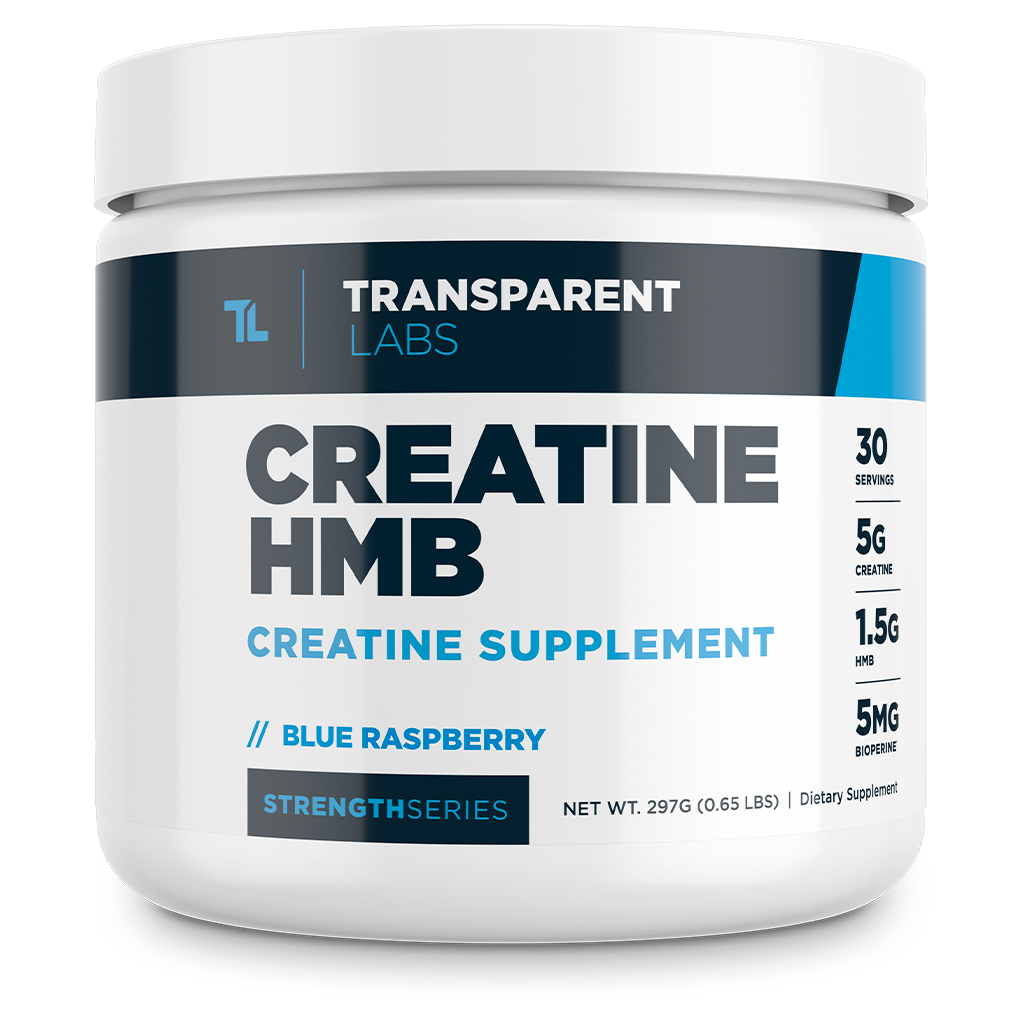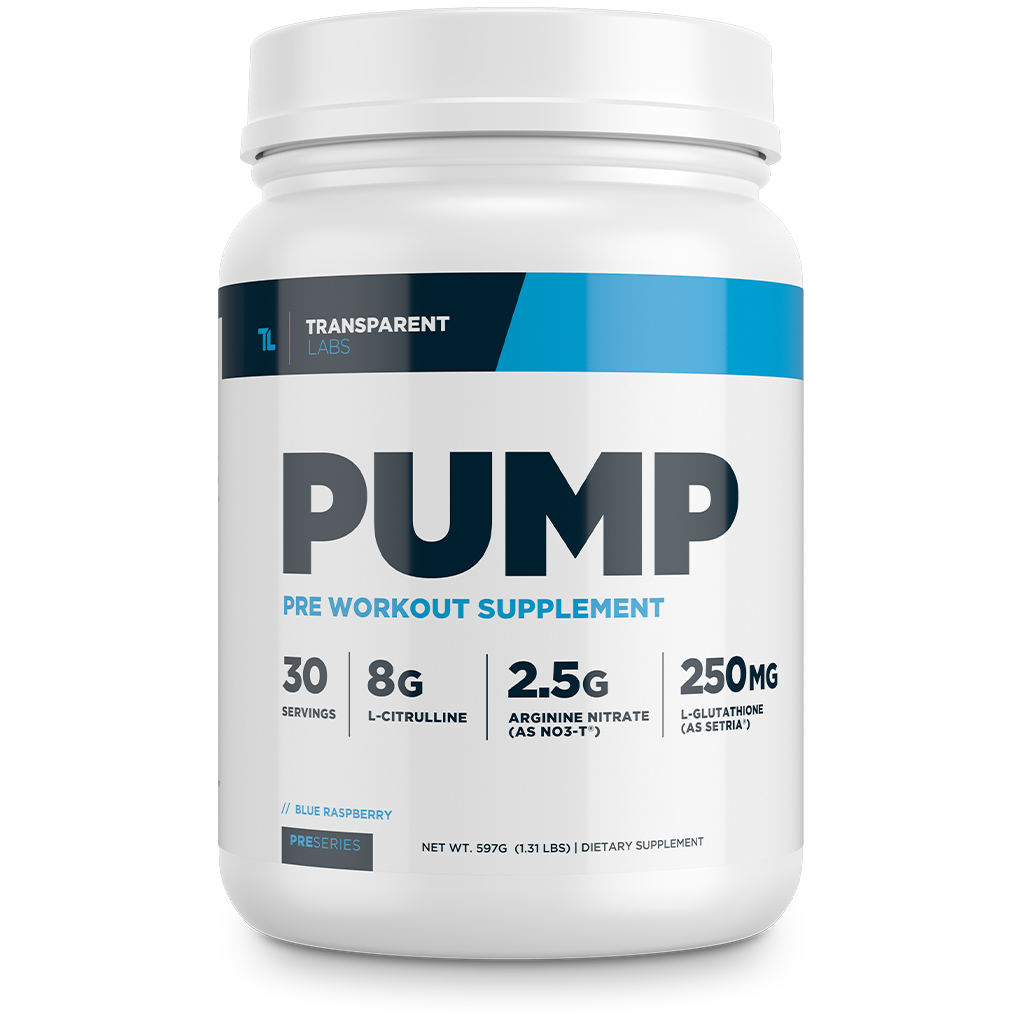N-Acetyl-Cysteine: Should I Take NAC in the Morning or Night?
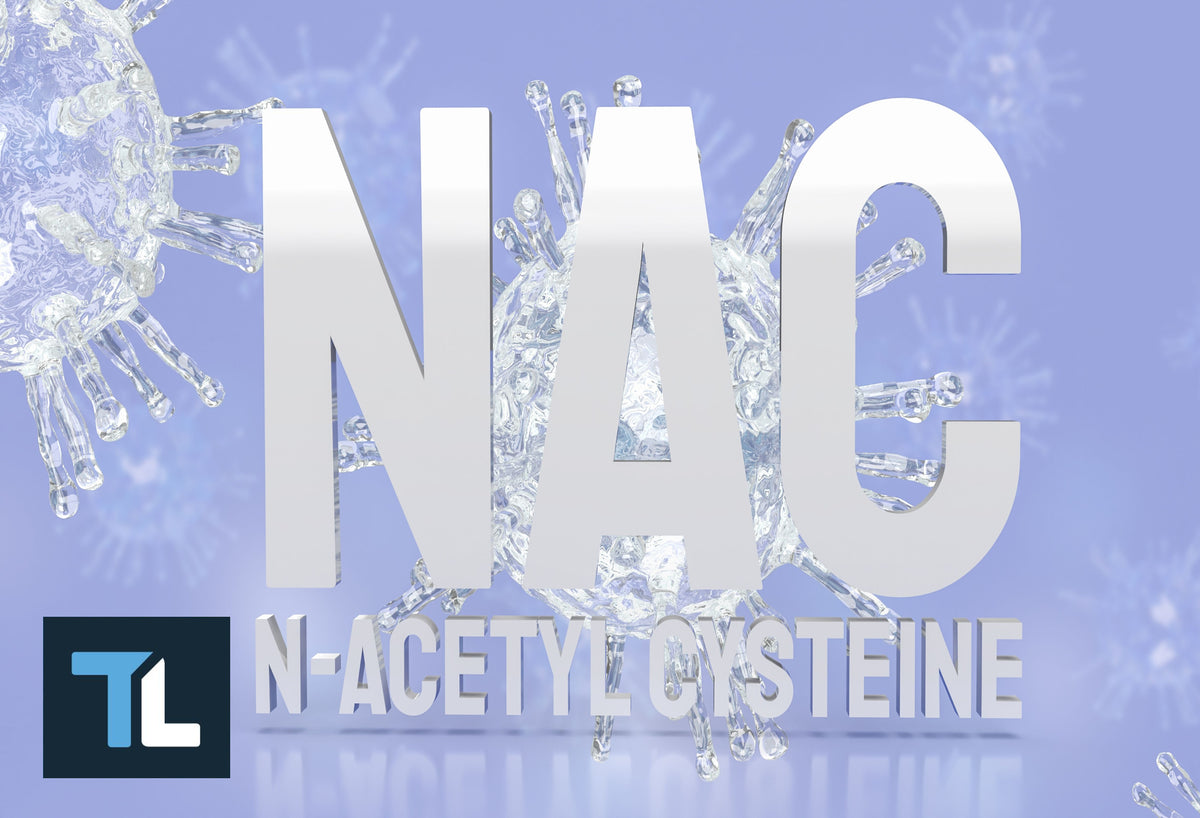
When to Take NAC: Morning or Night?
N-acetyl-cysteine (NAC) is a popular dietary supplement used for its anti-inflammatory and antioxidant properties. It’s also used as a mucolytic agent, which helps to break down mucus in the lungs and has been used for decades in the treatment of chronic obstructive pulmonary disease (COPD). Many people also use NAC for treating the common cold, flu viruses, and other illnesses.
If you’re interested in taking an NAC supplement, you may wonder whether you should take it in the morning or at night. This article tells you the best time to take NAC and provides other helpful tips.
What is N-Acetyl-Cysteine (NAC)?
NAC stands for N-acetyl-cysteine, which is an acetylated form of the amino acid L-cysteine (1). L-cysteine plays an important role in the body by making a potent antioxidant known as glutathione (GSH). Cysteine is considered conditionally essential as it can be produced in the body but may be essential in some situations (1).
The amino acid cysteine is naturally found in many foods, such as turkey, chicken, beef, pork, cottage cheese, yogurt, eggs, beans, and lentils. However, L-cysteine cannot be taken as a supplement since it’s highly unstable and has poor oral bioavailability.
Fortunately, an NAC supplement serves as a bioavailable precursor of L-cysteine that supports glutathione production. N-acetyl-cysteine is, therefore, the preferred form of supplemental cysteine.
Once absorbed, NAC is converted into L-cysteine and then into glutathione by pairing with two other amino acids known as glutamine and glycine. Once formed, this raises cellular glutathione levels, which confers potent antioxidant properties (1).
NAC also acts as an anti-inflammatory agent by suppressing cytokine production and stabilizing mast cells. In other words, NAC counteracts signaling proteins produced by the immune system and regulates the body’s inflammatory response (1).
Further, NAC has mucolytic properties by breaking disulfide bonds found in mucus, resulting in a thinner mucus. However, research to date suggests that NAC should be administered through inhalation to achieve the best mucolytic results (1, 2).
Due to its widespread capabilities, NAC has been used in the treatment of many diseases, including (1, 3):
-
lung diseases (e.g., cystic fibrosis, chronic obstructive pulmonary disease)
-
gastrointestinal diseases
-
psychiatric and mood disorders
-
neurodegenerative diseases (e.g., Parkinson’s, Alzheimer’s, multiple sclerosis)
-
liver disorders (e.g., non-alcoholic fatty liver disease, alcoholic liver disease)
-
intoxication (e.g., acetaminophen overdose)
-
infectious diseases/illness (e.g., cold, flu, COVID-19)
That said, more research is needed to understand the effectiveness of NAC in the treatment of disease.
NAC may be administered orally (tablet, capsule, liquid), through inhalation, or intravenously. Only oral NAC is available as an over-the-counter supplement, which is often less bioavailable compared to other routes of administration (1).
Understanding Your Body’s Circadian Rhythm
Your body works on a 24-hour clock, known as the circadian rhythm. This clock is largely influenced by light and dark exposure, resulting from the sunlight during the day and darkness at nighttime (4).
During this 24-hour period, your body undergoes many physiological changes governed by shifts in hormones, digestive states/nutrition, and body temperature (4).
For example, when it’s dark at nighttime, your body produces more melatonin to make you feel sleepy. In contrast, melatonin production is suppressed when you’re exposed to light.
When your circadian rhythm is disrupted, this can alter your sleep-wake cycle. This means you may struggle to fall asleep or stay awake at the appropriate times.
When Should I take NAC: Morning or Night?
NAC supplements can be taken at any time of the day since no research to date has found timing influences its effectiveness. That being said, NAC is best absorbed on an empty stomach, so it may be best to take it first thing in the morning before you’ve had breakfast or later in the evening when you’re finished eating for the day.
Other medications and supplements may affect your circadian rhythm. Therefore, timing should be carefully considered. For instance, caffeine is an adenosine blocker, which prevents adenosine from binding to its receptors that help make you sleepy. Therefore, caffeine should not be consumed too close to bedtime (5).

In contrast, melatonin supplements will promote sleepiness and should not be taken in the morning (6). That said, some medications and supplements, like NAC, do not affect the body’s circadian rhythm and can be taken at any time of the day.
Your healthcare provider may recommend taking your NAC supplement at a certain time of the day depending on your condition or other medications you’re using. Oral NAC supplements are usually available in tablets containing 500 mg to 1,000 mg. So, you could split your doses and take one in the morning and another before bed.
Risks/Side Effects of Taking NAC
Generally, NAC is safe for most healthy adults. However, some potential side effects of NAC supplementation may include (1):
-
nausea
-
vomiting
-
diarrhea
-
gastrointestinal reflux
-
allergic reaction (e.g., skin rash, breathing difficulty)
-
toxicity (when taken in excess of the recommended dose)
Nausea and vomiting may also occur due to the unpleasant odor of NAC, which can mimic the smell of rotten eggs (1).
While rare, toxicity is more likely to occur in clinical settings where NAC is administered intravenously and some type of error has been made.
Additionally, NAC may interact with some medications, including blood thinners, immunosuppressants (e.g., ifosfamide), activated charcoal, and certain heart medications (e.g., nitroglycerin, antihypertensive drugs).
Consulting your Healthcare Provider
Before taking N-acetyl-cysteine or any new supplements, it’s best to consult your healthcare provider, especially if you are taking any medications, have any health issues, or are currently pregnant or breastfeeding.
Can I take NAC with coffee?
To date, there is no evidence that suggests taking NAC with coffee is harmful or decreases its effectiveness.
How much NAC to take for COVID?
Currently research suggests 1,200 mg of NAC twice per day may help to improve COVID symptoms. However, higher-quality data is still needed (3).
NAC supplement for weight loss: How much should I take?
To date, there isn’t enough quality research to establish an optimal dose for NAC to promote weight loss (7).
Can I take NAC supplements with food?
It’s best to take NAC on an empty stomach. Therefore, try to take it at least 30 minutes before a meal or two hours after eating. Though, you can take it with food if you prefer.
Can you take NAC with other supplements?
There are no known supplement interactions with n-acetyl-cysteine (NAC).
What should NAC not be taken with?
NAC should not be taken with any medications with known interactions, such as blood thinners, antihypertensive drugs, immunosuppressants, activated charcoal, and nitroglycerin.
To be safe, it’s best to speak with your healthcare provider or a pharmacist to make sure any medications you’re taking will not interact with NAC.
Conclusion
NAC is a popular supplement with many promising health benefits. It helps to increase the production of glutathione, which is a powerful antioxidant and is used in the treatment of many diseases. It can be taken at any time of the day but is best absorbed on an empty stomach. Therefore, you may want to take it before breakfast or in the evening when you’re finished eating for the day.
Though well-tolerated by most people, it’s best to talk to qualified a healthcare professional before taking NAC, especially if you’re using any medications or have any underlying health issues.

